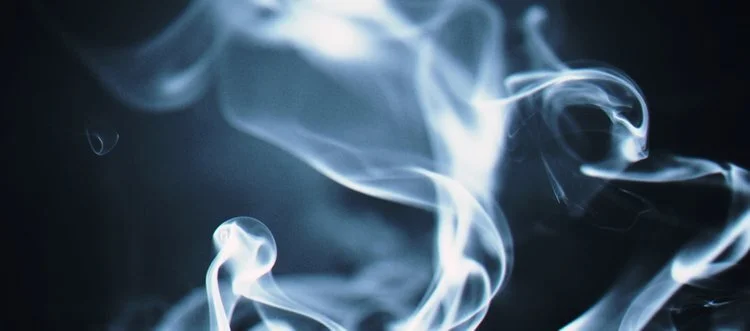The Art of Self-Medicating
Brenda is an Iraqi freedom veteran who is 100% full and permanent disabled due to injuries suffered while in the Iraqi theatre of operations during the surge. Brenda suffers from Post-Traumatic Stress Disorder (PTSD) as well as physical issues brought on by the Improvised Explosive Device (IED) that blew up her convoy. Like so many veterans, Brenda has a duel diagnosis. A duel diagnosis is when the veteran has a diagnosable mental health issue and a substance use disorder. One of the biggest issues mental health professionals who work with veterans, deal with is dual diagnosis. So often therapists must figure out if the symptoms are a mental health issue, or a substance abuse issue. To the untrained eye they can look similar, some having the same symptoms. Like many other veterans with physical and mental disabilities, Brenda uses marijuana and alcohol when it comes to trying to control her PTSD symptoms. She also uses the opioids given to her by the Veterans Administration (VA) for the pain. The problem is the cocktail of alcohol, marijuana, and opioids can lead to other issues, such as dependence or even death under the wrong circumstances.
So many veterans turn to marijuana or alcohol to work through their issues concerning PTSD. Many veterans do not like to take the psychotropic medication given them by the VA because they don’t like the way it makes them feel, so they turn to alcohol or illicit drugs such as methamphetamines, cocaine, and various other narcotics. Veterans often choose alcohol because it is acceptable in the veteran/military culture. With the veteran culture, it is easy to hide the self-medicating because drinking is the “norm”. No one says anything about getting a beer or an alcoholic drink, it is the culture. With the recent legalization of marijuana in many states, marijuana is now becoming accepted just like alcohol. Many times, it is hard to tell if a person is self-medicating. Noticing the problem of drug and alcohol use can be difficult. Family and friends want to believe the user when they say there’s not a problem. Those who suffer from dependence of drugs and alcohol are good at hiding it. After a while it appears to become a game and seen as an art form by some, with the elaborate excuses and denials the user comes up with. When alcohol and marijuana doesn’t do the trick, and prescription drugs are unavailable veterans turn to the use of illicit drugs.
For the most part, illicit drugs are not an acceptable way to self-medicate while on Active Duty, in the Guard or Reserves. Often service members use alcohol because using illicit drugs to self-medicate can get a service member a dishonorable or other than honorable discharge that can go with them the rest of their lives. It is at a last resort that a military member uses illicit drugs while in the military. What they do is turn to prescription drugs when they can get them. The military has a history of giving out prescription drugs to keep soldiers available to deploy.
The misuse of prescription drugs within the military and veteran communities is rampant. So many veterans with PTSD, anxiety, and depression turn to the use of whatever they can get to deal with their issues. The option is often prescription medication such as opioids. With roughly a third of the Army on prescription medications, branches of the military are starting to try and curb the use of prescription medications and limit their availability. For some it is too late and they move on to the VA to continue the cycle. A multitude of veterans don’t trust the VA, so they use what they can, alcohol and other illicit drugs.
The mistrust of the VA and the system is warranted in some cases. I have talked to several veterans that refuse to utilize the VA because they are worried they will lose their benefits because they use marijuana for their PTSD. Concerning marijuana, the VA feels minimal clinical research testing has been done on any combination of illicit drugs, especially marijuana. According to the VA controlled studies have not been conducted to evaluate the safety or effectiveness of medical marijuana for PTSD. The VA feels there’s no evidence that marijuana is an effective treatment for PTSD. It is easy to see how Brenda has gotten caught up in the self-medicating quagmire, for her the use of marijuana helps with her PTSD, and trying to convince her that it’s not, is futile.
For many veterans, the self-medicating is real. The VA needs to step up and accept that. If they want veterans to stop self-medicating they need to accept the fact that it’s happening and do something about it. Veterans are doing the best they can when dealing with their physical and mental issues, and using illicit drugs and alcohol is what they are doing. The VA needs to stop preaching and start treating veterans who self-medicate. I know the VA is trying to get a marijuana trial off the ground, but that is a conversation for another day.
For questions or comments, I can be reached at bo@afterdutyvets.com or visit our website at afterdutyvets.com.

